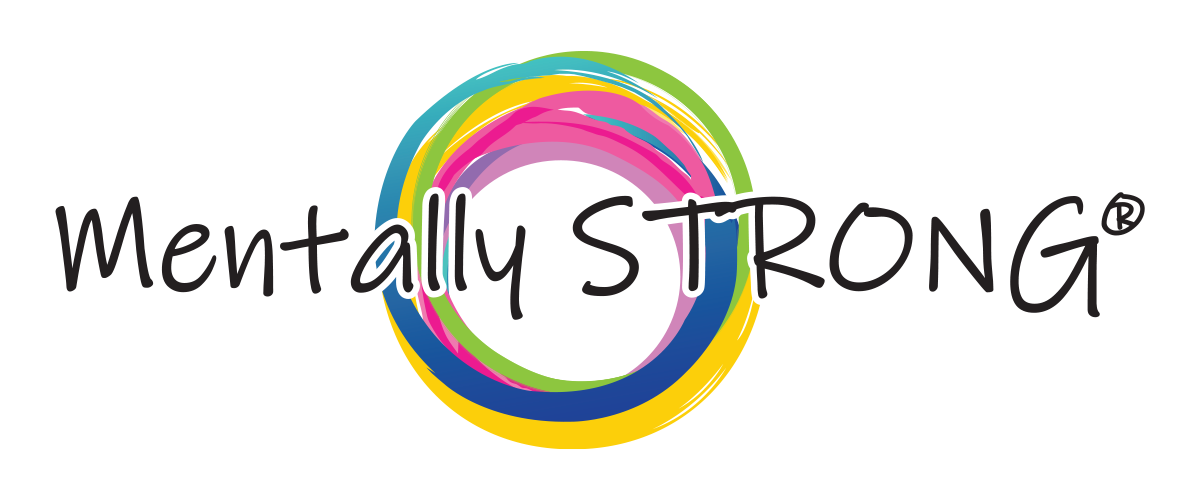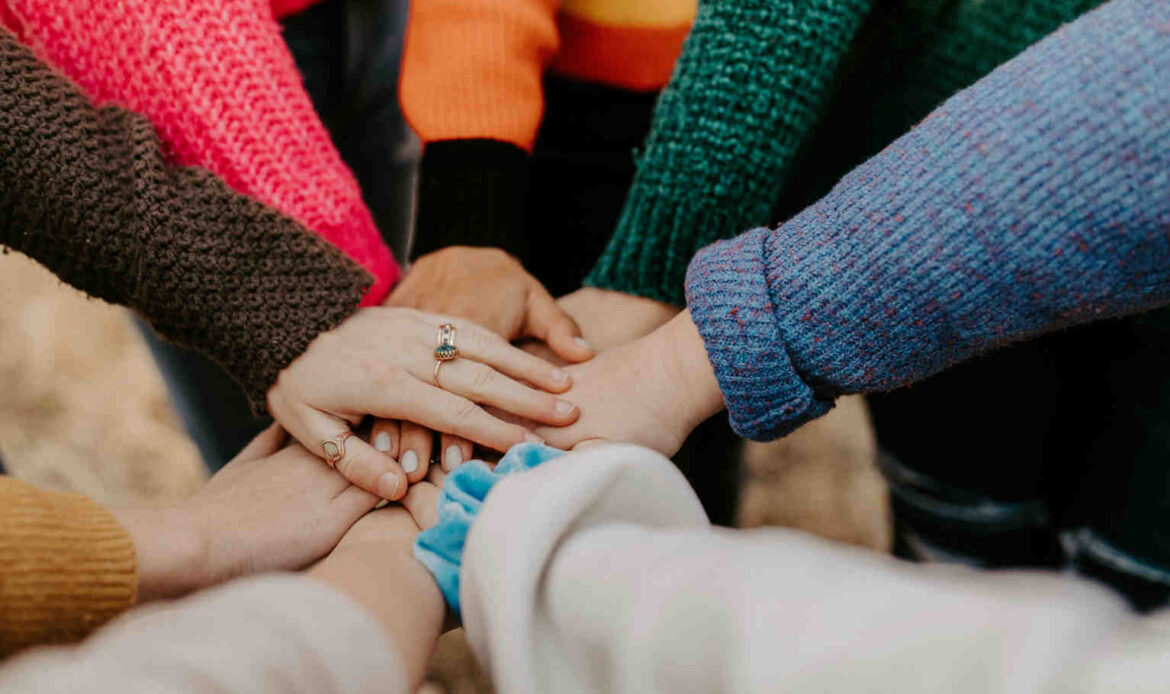Let’s be honest. The word “hope” kind of feels like a scam sometimes, doesn’t it?
You’ve been through it. Disappointment so sharp it makes your chest tighten. Letdowns dressed up as “life lessons.” Maybe you’ve caught yourself thinking, “If I don’t expect anything good, I can’t be blindsided when it all goes to hell.” And honestly? That logic makes a twisted kind of sense when life has taught you over and over that hope is dangerous.
So if the idea of being hopeful makes you roll your eyes, clench your jaw, or instinctively brace for disappointment… you’re not broken. You’re protecting yourself, and that protection probably started a long time ago.
Let’s talk about it.
First, let’s talk about what you’ve learned about hope
Hope is either held up as some sparkly magic fix-all or it’s stomped on before it ever has a chance to grow roots. And depending on who raised you, what you’ve lived through, and how many times life knocked the breath out of you, your definition of hope might be a little… warped.
Maybe you were told not to get your hopes up
“Don’t get too excited.”
“Don’t count your chickens.”
“It’s probably not going to work out.”
Sound familiar?
Somewhere along the way, hope got tangled up with disappointment. And suddenly, hope wasn’t something you were allowed to have… it became something you needed to earn or protect yourself from.
Maybe you were taught hope was naive
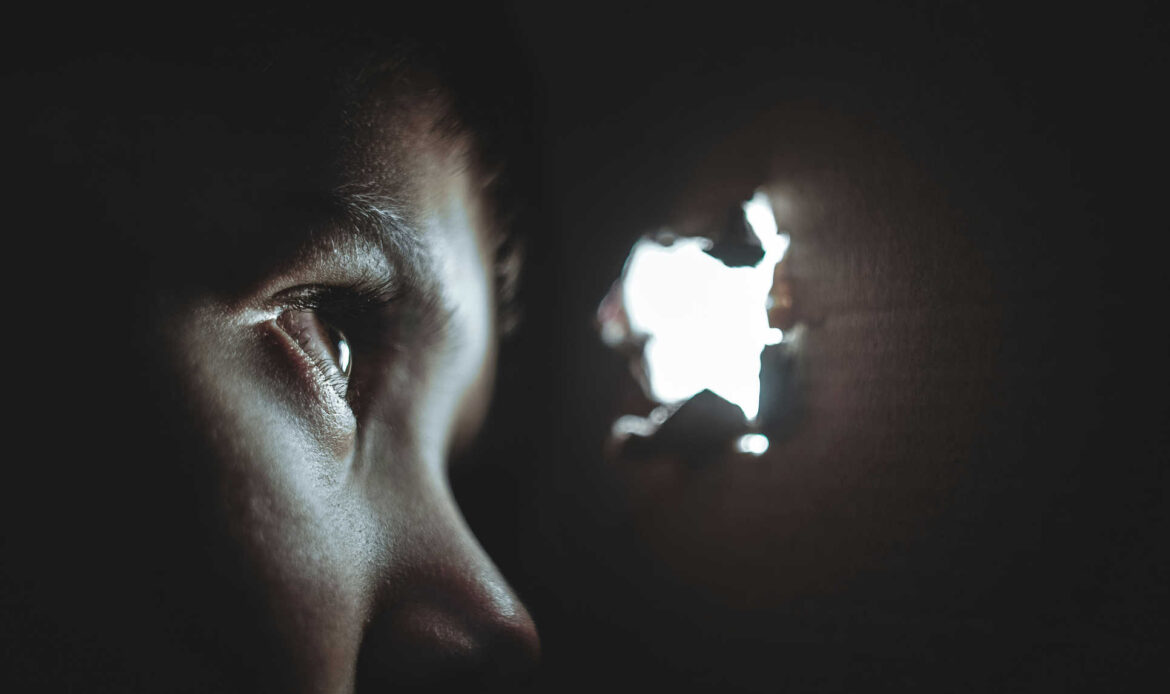
There’s a kind of cynicism that wears intellectualism like armor. Like if you’re too smart to hope, you can’t be made a fool. But if you’ve lived in that armor long enough, you know it’s heavy. And it cuts off your circulation.
Hope isn’t foolish.
Blind optimism might be, but the belief that things could shift, even slightly? That’s not naivety.
Maybe disappointment made you swear off hoping at all
And honestly, that makes sense. Hope can feel like an open wound when you’ve been disappointed so many times you’ve lost count. It’s easier to expect the worst than to feel that crushing drop again.
But here’s the thing: cutting off hope doesn’t protect you from pain. It just shrinks your world until it’s all defense and no possibility.
Here’s what that kind of conditioning does
When you’ve learned that it’s not safe to hope, your body and brain adapt in ways that might’ve helped you survive—but now? They might be holding you back. Here’s how:
It makes you expect nothing so you don’t get hurt
And sure, it sounds smart in theory, right?
No expectations = no disappointment
But what it really does is flatten your emotional world. You stop dreaming, stop wanting, stop letting yourself imagine anything better because you’re afraid it’ll all be snatched away. And before you know it, you’re living on autopilot.
And the saddest part? You don’t even notice what you’ve lost, because numb starts to feel normal.
It keeps you stuck in survival mode
When hope feels unsafe, you start living like everything’s an emergency. You brace for the worst, catastrophize the future, and make every decision from a place of “what if it all falls apart?”
This is what survival mode does: it convinces you that hope is reckless, and that staying small is safer.
It makes healing harder than it needs to be
You don’t go to therapy, start journaling, have those hard conversations, or choose to rest instead of spiral unless some part of you believes that maybe—just maybe—things can get better.
And that part is essential for healing, and you know what that part is? Yep, hope.
Without that belief, you’re just going through the motions. And that’s when healing starts to feel more exhausting than liberating.
But what is hope really?
Let’s clear something up: hope isn’t the same thing as blind optimism or pretending everything is fine when it’s very much not fine. Here’s what hope really is:
It’s not toxic positivity or blind faith
Hope doesn’t mean lying to yourself and it definitely doesn’t mean denying the hard stuff, forcing a smile, or chanting “everything happens for a reason” when life feels like a demolition zone.
Toxic positivity tells you to suppress the pain. Hope says, feel it all… but don’t let it be the only story.
Hope makes space for the truth without letting it swallow you.
It’s a quiet belief that something else is possible
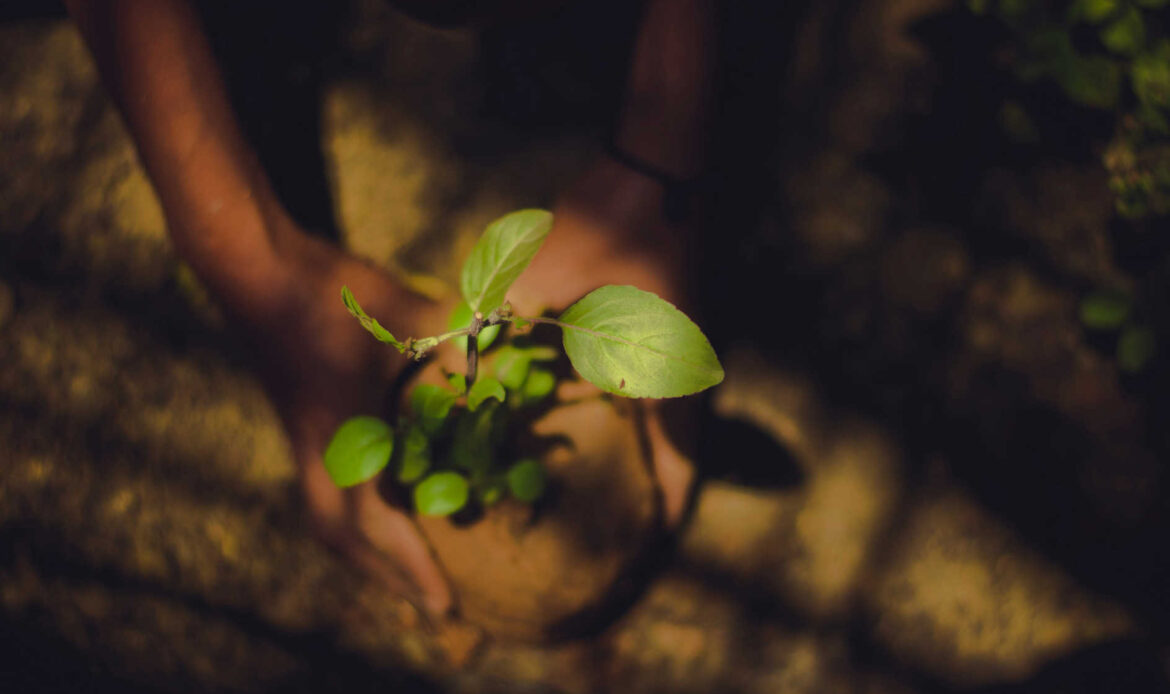
Hope feels like a flicker in the chest, a gentle hand on your shoulder saying, “This isn’t the end.” It’s the part of you that still sends one more email, still shows up to the appointment, still makes the tiniest plan for next week.
And it lives closer to reality than you might think
The people who stopped hoping long ago will tell you that hope is make believe, something separate from reality. But I’d like to ask you to consider that maybe hope is the closest thing to reality there is..
And it lives in small things: the cup of tea you made for yourself. The playlist that makes you cry in a good way. The fact that even after everything you’ve been through, you still want something better.
What Hope Does for Your Brain and Body
Sure, hope does a great deal for your emotional and spiritual self, but it’s also something that your nervous system notices. Here’s what hope does for your brain and body:
It reduces emotional burnout
When you’ve been living in stress, disappointment, or grief for a while, your brain gets tired. Hope gives it a reason to keep going.
Think of it like a power nap for your nervous system; it doesn’t erase the exhaustion, but it gives you just enough energy to take the next small step.
It keeps you moving forward, even if just barely
Hopelessness traps you in the “what’s the point” cycle. And when you dare to hope, hope gives you one single reason (any reason) to keep moving forward. And sometimes, that’s all you need to keep your head above water.
It’s the soft voice that says: Today might be hard, but I can still take a shower. I can still call a friend. I can still try.
It helps rewire what you expect from the future
When you allow yourself to imagine something different (even a little different) your brain starts to build new expectations.
This helps you shift from dread-based thinking to something closer to “okay, maybe.” And in the land of healing? Maybe is a big deal.
How to work towards having more hope
You don’t build hope by snapping your fingers and deciding to be an optimist. That’s not how this works. Hope is something you tend to, like a little houseplant that keeps wilting no matter how many times you water it.
So if you’re feeling like you’re scraping the bottom of the barrel, let’s start small.
Name something that matters to you
I don’t mean something that everyone else says is important. Just… something that still tugs at your heart a little.
Maybe it’s wanting to feel less numb. Maybe it’s the dream of a soft life, a boring Tuesday where nothing hurts. Maybe it’s wanting to be around long enough to see your niece grow up.
Hope doesn’t need a five-year plan. It just needs a seed. And that seed is usually a “what if”—however small.
Ask yourself what might be possible, even if small
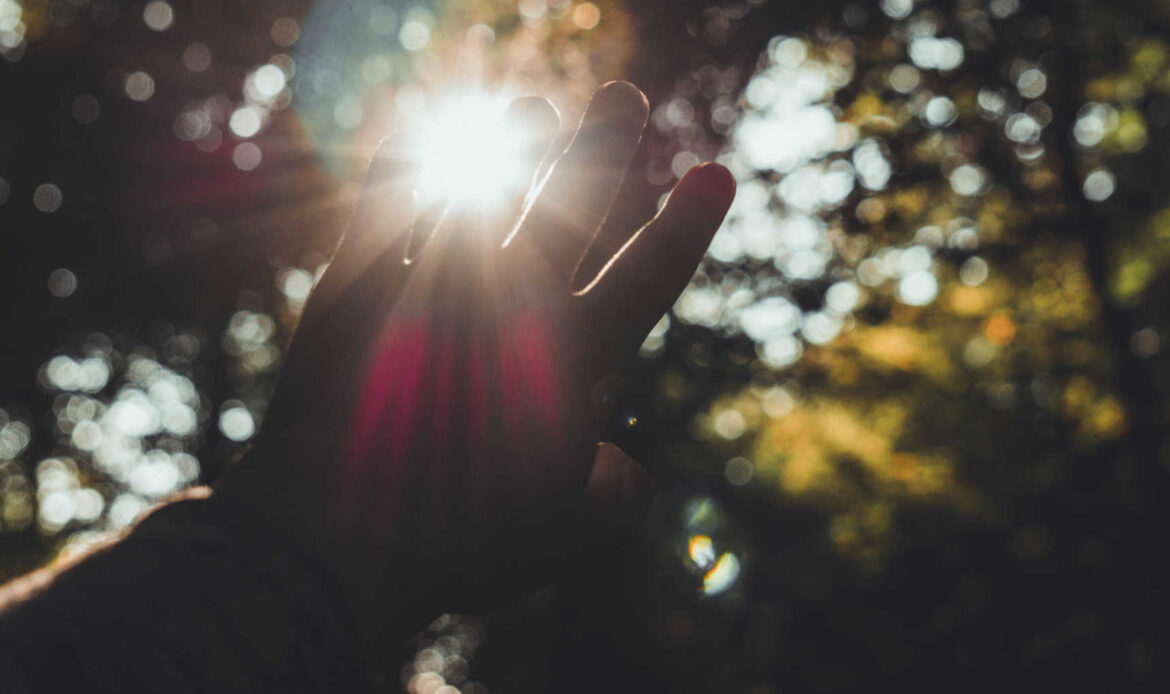
Could you take a 10-minute walk without the weight of the world crushing your chest? Could you go to one therapy session, even if you don’t say much? Could you imagine the tiniest sliver of good that hasn’t happened yet?
This is imagination grounded in reality. We’re not getting up and running the emotional equivalent of a 5k marathon. We’re considering a different outcome without pretending to know how or when.
And that’s enough.
Build a system that helps you stay grounded while reaching
Hope without grounding becomes fantasy. Grounding without hope becomes stagnation. You need both.
So what keeps you rooted? Maybe it’s a routine. A friend who texts memes at 2 a.m. Your pet curling up next to you. A notebook where you don’t lie to yourself.
And what helps you reach? Maybe it’s therapy. Or goal-setting. Or one brave conversation that feels like a leap.
Here’s to having more hope
I hope (hah!) with all my heart that if this article taught you anything, it’s that hope means that you believe that something else (something even slightly better) than what you’re expecting is possible.
And if this feels hard to do alone? That makes sense. Hope grows faster when it’s held in community. When someone else looks you in the eye and says, “I get it. And I’m not leaving.”
That’s exactly what the Mentally STRONG Intensive is for.
It’s a guided space for healing, designed to help you do the real work of sorting through the mess, untangling your pain, and building the kind of life that feels like yours. And maybe even more than that… it’s a place to be surrounded by women who are walking their own messy, powerful, brave paths too.
Because sometimes, the tiniest ember of hope gets lit when someone else says, “I’ve been there. And there’s still more life ahead.”
Let that be true for you too.
